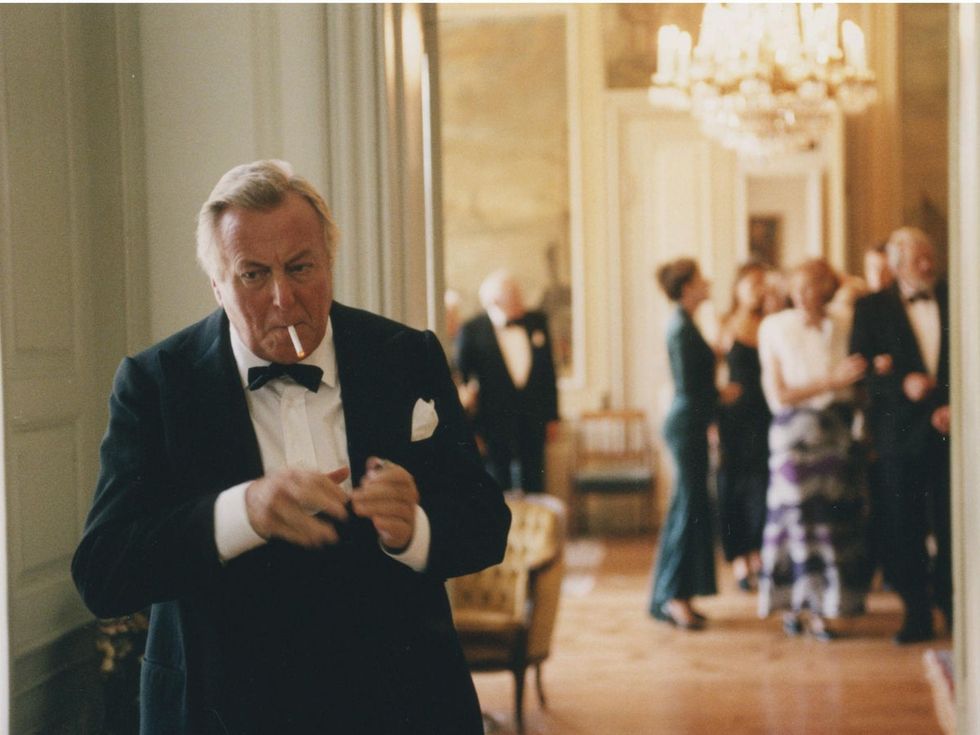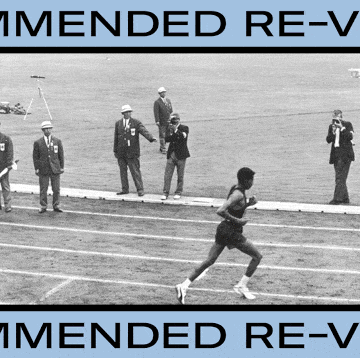A line of cars speeds into the gravel driveway of a large stately house. Excited guests spill out, gathering to mark the birthday of their wealthy, powerful host. Among them are three of the patriarch’s adult children: the favoured son, seemingly functional but emotionally cauterised; the glamorous daughter, new boyfriend in tow, hoping to assimilate him into the family; and the other, wayward son, drunk and disorderly and desperate for parental approval. They’ve come for a party, but it’s not to be. Dark secrets are coming, and the truth will out.
Recently, when preparing to interview the Danish director Thomas Vinterberg about his new film Another Round, which won the Oscar for “best international feature film” on Sunday, I rewatched his debut feature, Festen. On its release in 1998, Festen, or The Celebration, was something of a sensation. It was the first fruit of the Dogme 95 manifesto that Vinterberg had co-written with fellow director Lars von Trier three years earlier: an attempt – or, really, a provocation – to shed the lazy conventions of contemporary studio-led film-making and strip cinema back to its essence. Watching it again, Festen seemed a remarkable feat of youthful vim and swagger (when it premiered at the Cannes Film Festival, Vinterberg was just turning 29). It was also strangely reminiscent of another more recent dysfunctional dynasty.
“You know, I thought so too!” said Vinterberg, now 51, when I asked him if he thought there were similarities between the feature film he co-wrote and directed – although, as per the rules of Dogme 95, he did not receive a directing credit – and the Roy family of HBO’s Succession. “I had that conversation with my wife, but it felt self-absorbed, so I stopped the conversation immediately.” I tell him that I’m sure that Jesse Armstrong, creator of Succession, would have watched Festen at some point. It was widely lauded on release and won the jury prize at Cannes; it has also had a successful incarnation as a play. “Are you?” says Vinterberg, seemingly surprised. “I mean, I’m curious. I enjoyed that show a lot.
Of course, Festen is not exactly the same as Succession, and perhaps it’s not worth labouring the point. While the crimes against his children committed by Logan Roy are, at times, intangible and invidious, those committed by Helge Klingenfeldt-Hansen (Henning Moritzen) against his, including a daughter who has recently died, are more concrete, and more immediately shocking. Also, as much as Festen is a film about a family, and about overgrown progeny reverting to the behavioural patterns of their younger selves, it is also about community, and society, and the urge to protect the status quo, sometimes at outrageous cost. Oh, and it’s in Danish.
It is also a film to be enjoyed for the sheer gumption of its creation, which used the tenets of the Dogme doctrine to electrifying effect. Not only are the cameras hand-held; sometimes they actually clatter into the actors. Because no artificial lights were used, the image on screen occasionally breaks up into horrifying blotches of pixels. The plot revelations, when they come, are relayed not in gratuitous flashbacks but through unflinching monologues (like the Roys, the Klingenfeldt-Hansens love a speech).
In fact, nearly a quarter of a century on, Festen has lost none of its freshness and confidence, and also none of its bite. Film-makers would still find much in it from which to learn. Vinterberg admitted it had “been a while” since he’d seen it, though he’s watched it since it premiered, certainly, and he’s seen it as a play. When we talked about how well it has held up in its 23 years, he was willing, for once, to be drawn. “I think it’s pretty good,” he admitted. “The writing is pretty good.”
Like this article? Sign up to our newsletter to get more articles like this delivered straight to your inbox

Miranda Collinge is the Deputy Editor of Esquire, overseeing editorial commissioning for the brand. With a background in arts and entertainment journalism, she also writes widely herself, on topics ranging from Instagram fish to psychedelic supper clubs, and has written numerous cover profiles for the magazine including Cillian Murphy, Rami Malek and Tom Hardy.














